Molybdenum Disulfide-Based Fluorophore Preparation and Sensing Applications
- Details
- Category: Tungsten Information
- Published on Wednesday, 02 March 2022 23:05
- Written by Caodan
- Hits: 1357
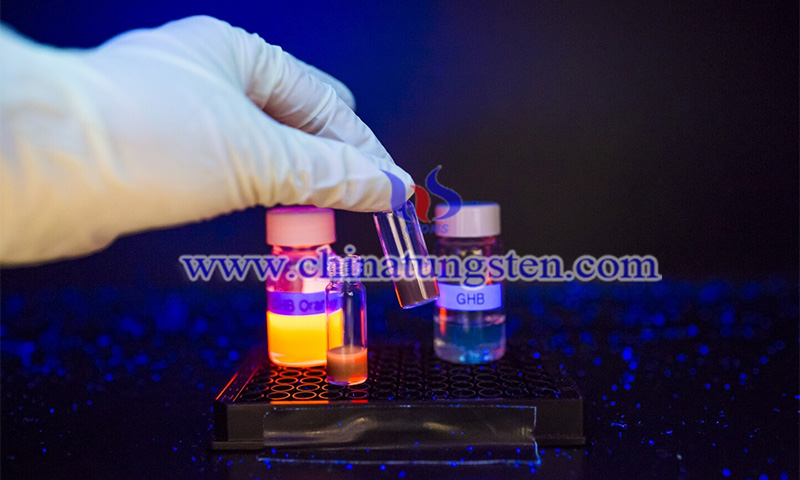
Recently, the State Key Laboratory of Organic Electronics and Information Display, Institute of Advanced Materials, Nanjing University of Posts and Telecommunications (NUPT), published a paper in the academic journal Biosensors (2022, 12) by the first author Lingbo Gong, introducing the preparation of molybdenum disulfide (MoS2)-based fluorophores and sensing applications.
Read more: Molybdenum Disulfide-Based Fluorophore Preparation and Sensing Applications
Scientists Produce White Light Diodes without Rare Earths
- Details
- Category: Tungsten Information
- Published on Wednesday, 02 March 2022 22:57
- Written by Caodan
- Hits: 1403
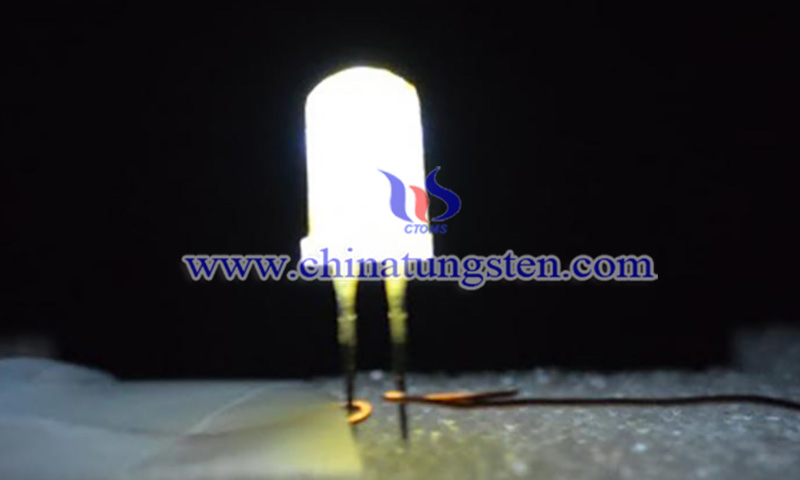
A recent study mainly conducted by the researcher Velazquez report the development of white light diodes (WLEDs) by using rare earths free luminescent materials. The paper titled “Sunlike White Light-Emitting Diodes Based on Rare-Earth-Free Luminescent Materials” has been published in Materials 15(5), 2022.
Read more: Scientists Produce White Light Diodes without Rare Earths
Tungsten-Oxide-Based Material Applications
- Details
- Category: Tungsten Information
- Published on Saturday, 26 February 2022 22:44
- Written by Caodan
- Hits: 1361
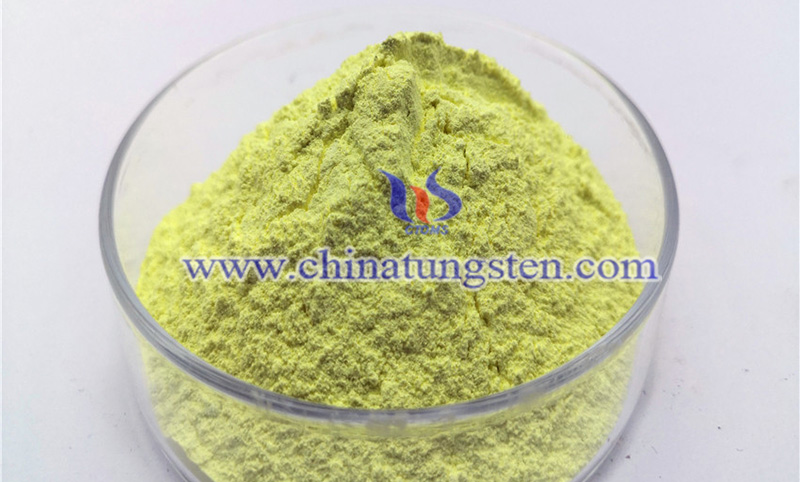
A research team from the Taiwan University of Science and Technology has published a paper in Frontiers in Materials on the progress of tungsten-oxide-based material applications. Tungsten-oxide-based material has received great attention due to its ability to absorb near-infrared (NIR) light and its efficient photothermal conversion properties.
Combining Sulfur and Molybdenum Fertilization Increases Antioxidant Capacity of Brown Goats
- Details
- Category: Tungsten Information
- Published on Sunday, 27 February 2022 21:40
- Written by Caodan
- Hits: 1752
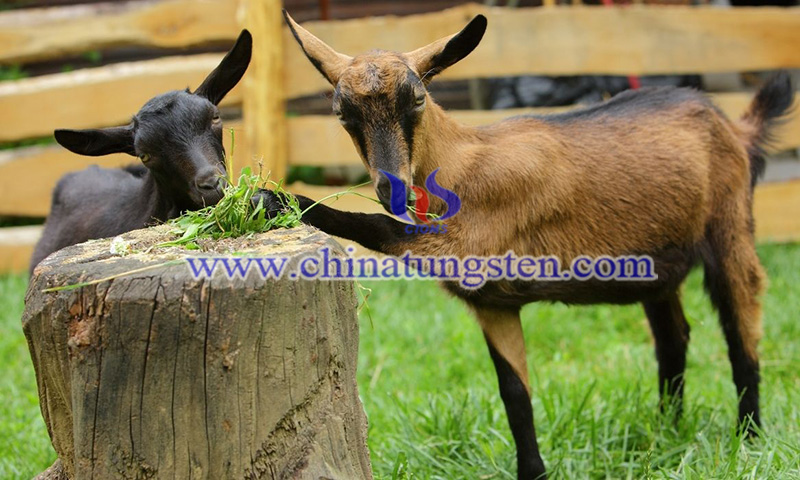
A team of researchers from the Southwest University of Science and Technology recently published a paper in Biological Trace Element Research on how a combination of sulfur (S) and molybdenum (Mo) fertilization can improve the antioxidant capacity of brown goats in South China.
Structure and Morphology of Tungsten Oxide Thin Films
- Details
- Category: Tungsten Information
- Published on Thursday, 24 February 2022 21:54
- Written by Caodan
- Hits: 1318
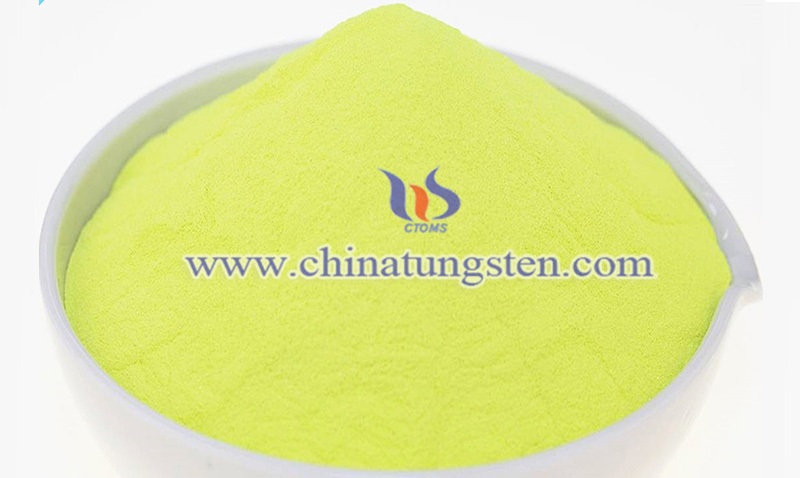
The research team at Yingkou Institute of Technology and Georgia Institute of Technology recently presented their latest work describing the structure and antimicrobial properties of thin-film coatings based on tungsten oxide materials on stainless steel substrates.
Read more: Structure and Morphology of Tungsten Oxide Thin Films





 sales@chinatungsten.com
sales@chinatungsten.com